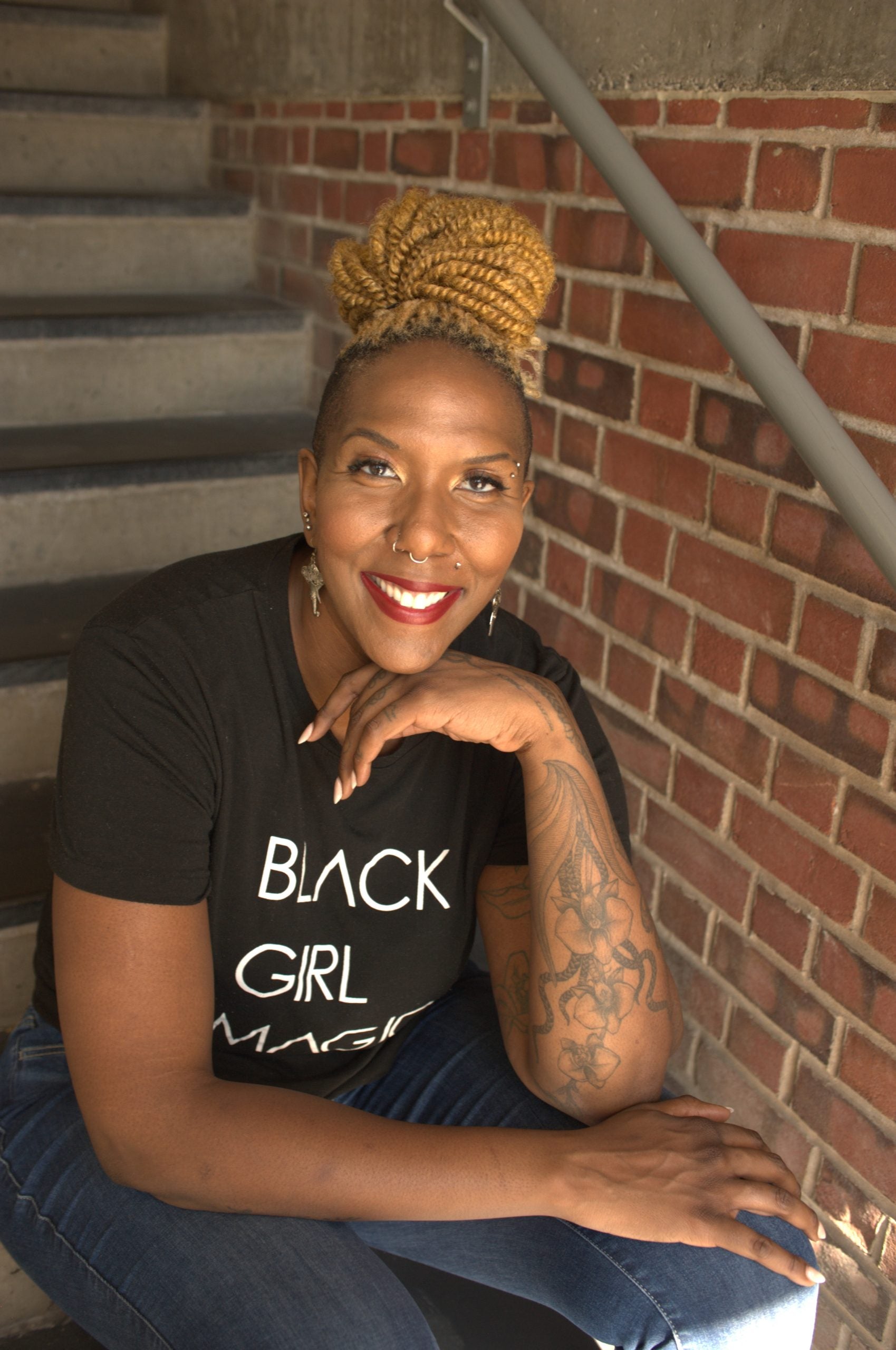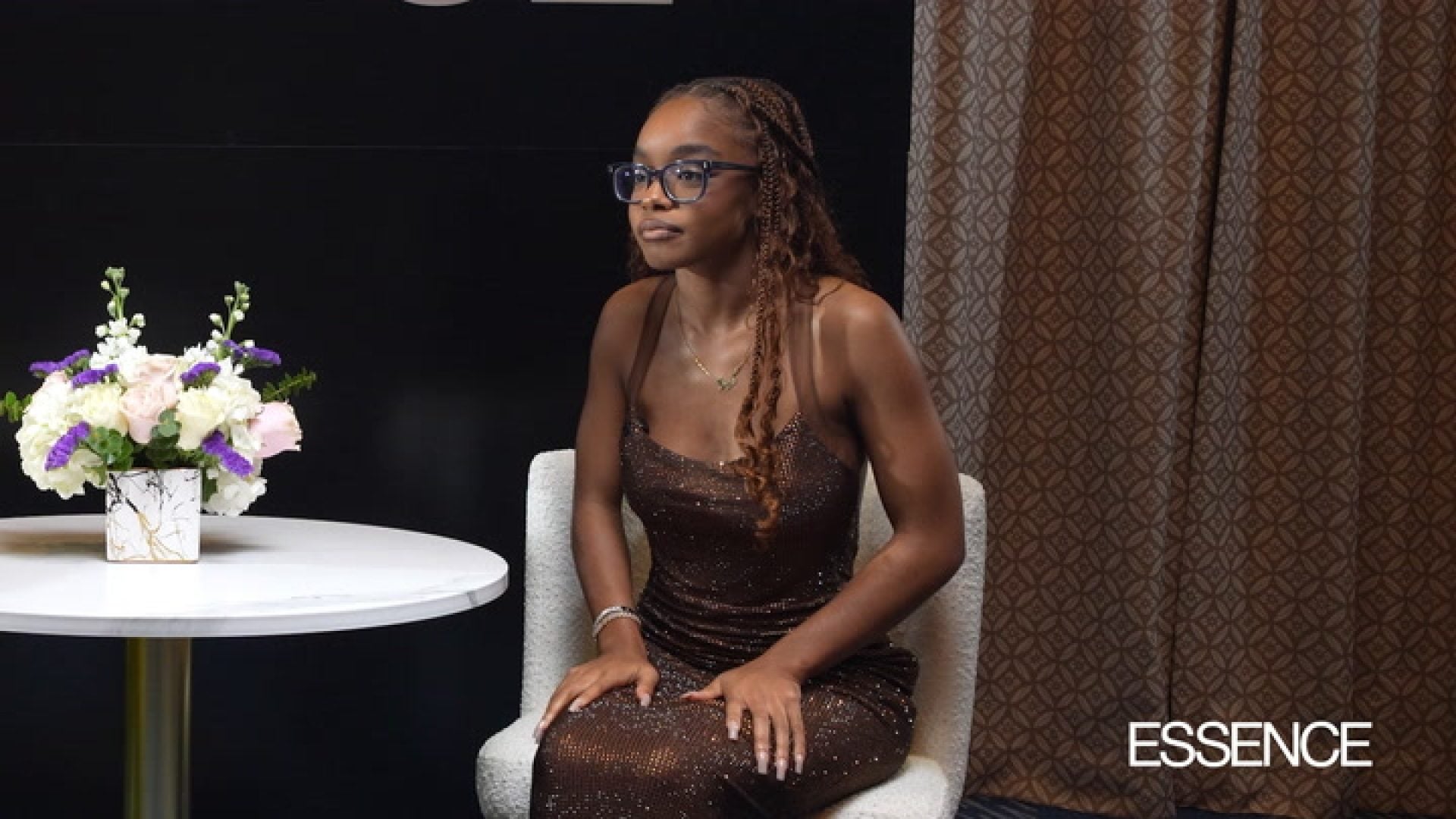
If you want more of Jenn M. Jackson’s “Speak On It” column for Teen Vogue, then you’re in luck. Their new book, Black Women Taught Us: An Intimate History of Black Feminism will be published on January 23.
Jackson is an Assistant Professor in the Political Science Department and Senior Research Associate at the Campbell Public Affairs Institute at the Maxwell School at Syracuse University.

Their column “explores how today’s social and political life is influenced by generations of racial and gender (dis)order.” And Jackson’s first book expounds on this, bringing their sharp analytical skills to investigate why Black women’s fight for liberation has gone largely unnoticed.
Per the publisher’s description, this book is “[a] love letter to those who have been minimized and forgotten, this collection repositions Black women’s intellectual and political work at the center of today’s liberation movements.”
Ahead of the release date, Jackson sat down with ESSENCE to discuss the inspiration for their book, why it is so crucial for people to read this now, and the message they hope to impart to readers.
“I was inspired to write this book by my own personal experiences growing up and seeing so few books that reflected the fullness of my Black experience,” said Jackson.
“When I attended college, I expected to have courses and educators there who would help me discover Black Feminism. But, unfortunately, it wasn’t prioritized on my campus. Though I have taught many, I’ve never taken a formal course in Black Feminism,” Jackson continued.
“This book represents my journey to discovering Black Feminism and the many women whose liberatory work has long been hidden from mainstream society,” Jackson stated.
Intersectionality and Black feminism have come under fire in recent years, similar to the likes of critical race theory, and diversity, equity, and inclusion. Some conservative pundits have misconstrued the concept of intersectionality, calling it “a form of identity politics in which the value of your opinion depends on how many victim groups you belong to.”
In terms of the political environment being ripe for this book, Jackson discussed how “this is a moment when books about Black, Brown, Indigenous, queer, trans, immigrant, and disabled people have been removed from school libraries and forced out of young people’s hands.”
“In times like these, misinformation runs rampant and the whitewashing of history becomes the norm,” Jackson added. “This book is meant to write against this wave by focusing on the lives and narratives of Black women in history who move against the white supremacist, anti-Black status quo.”
Jackson is excited about imparting their knowledge beyond the walls of the classroom. “From this book, I would like readers to take away with them a sense that this is a beginning rather than an ending. There are so many Black Feminist scholars and thinkers I could not fit in this text. I want readers to keep going and center these histories in their own activism and organizing.”





